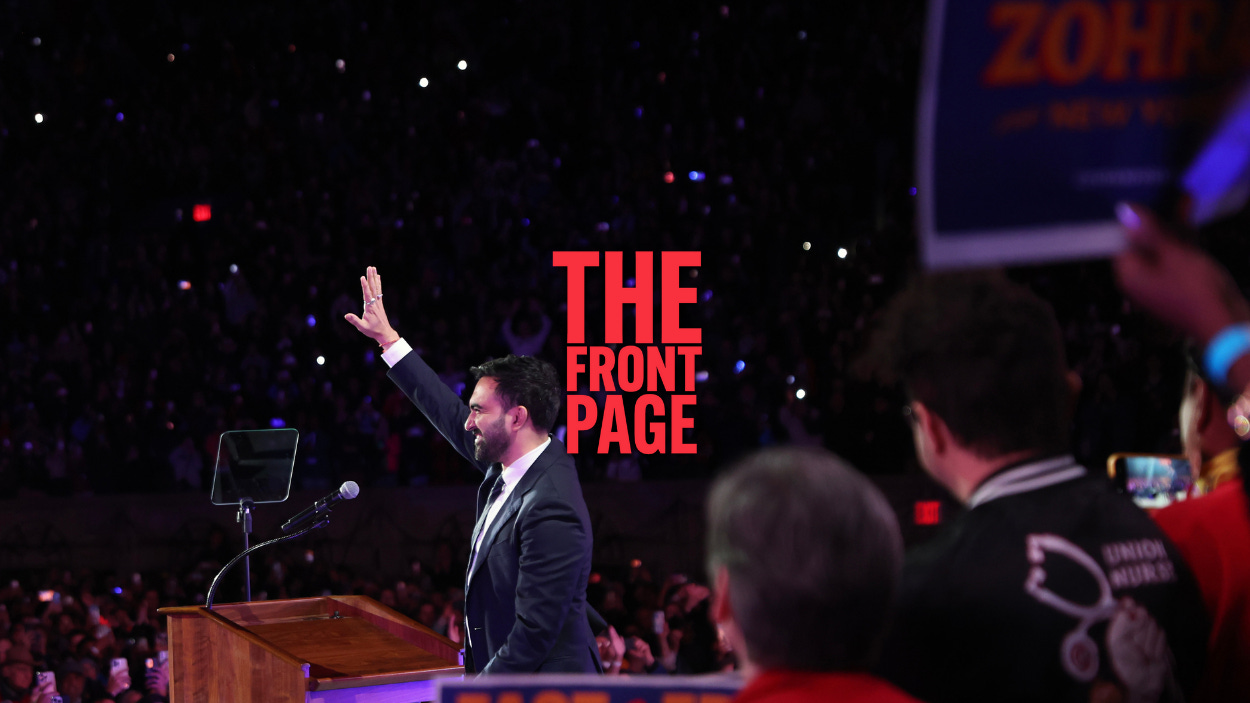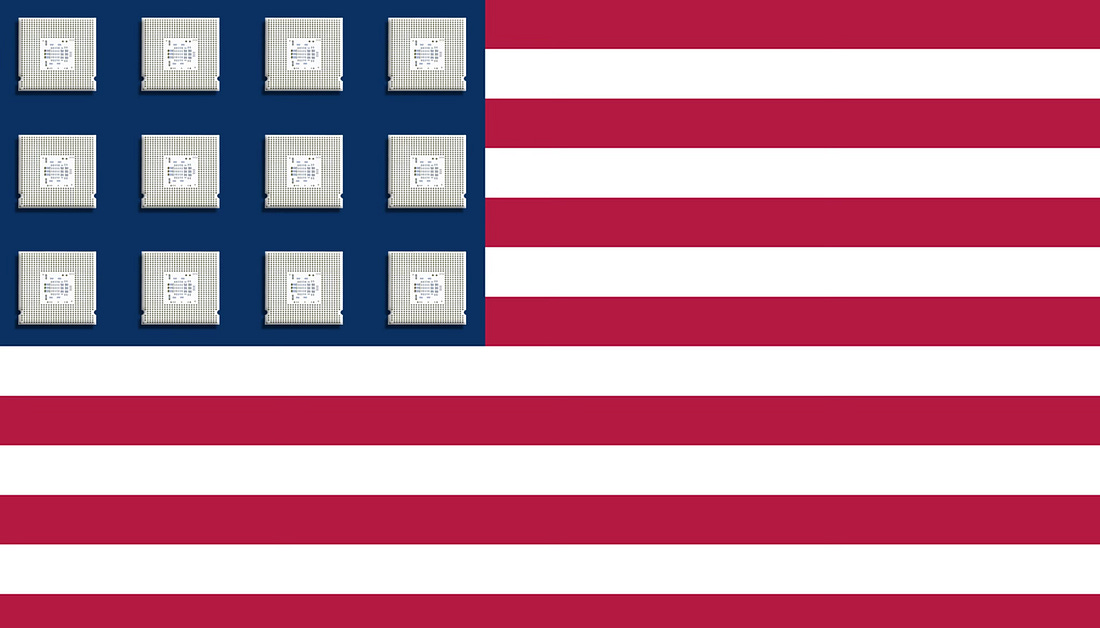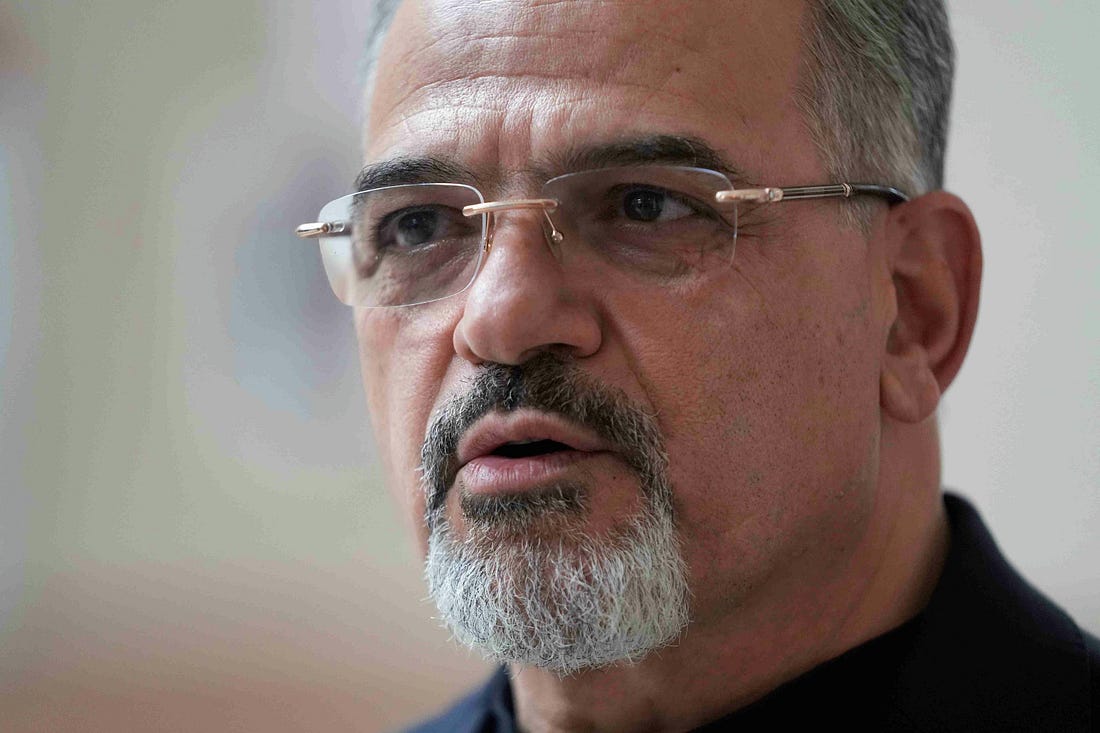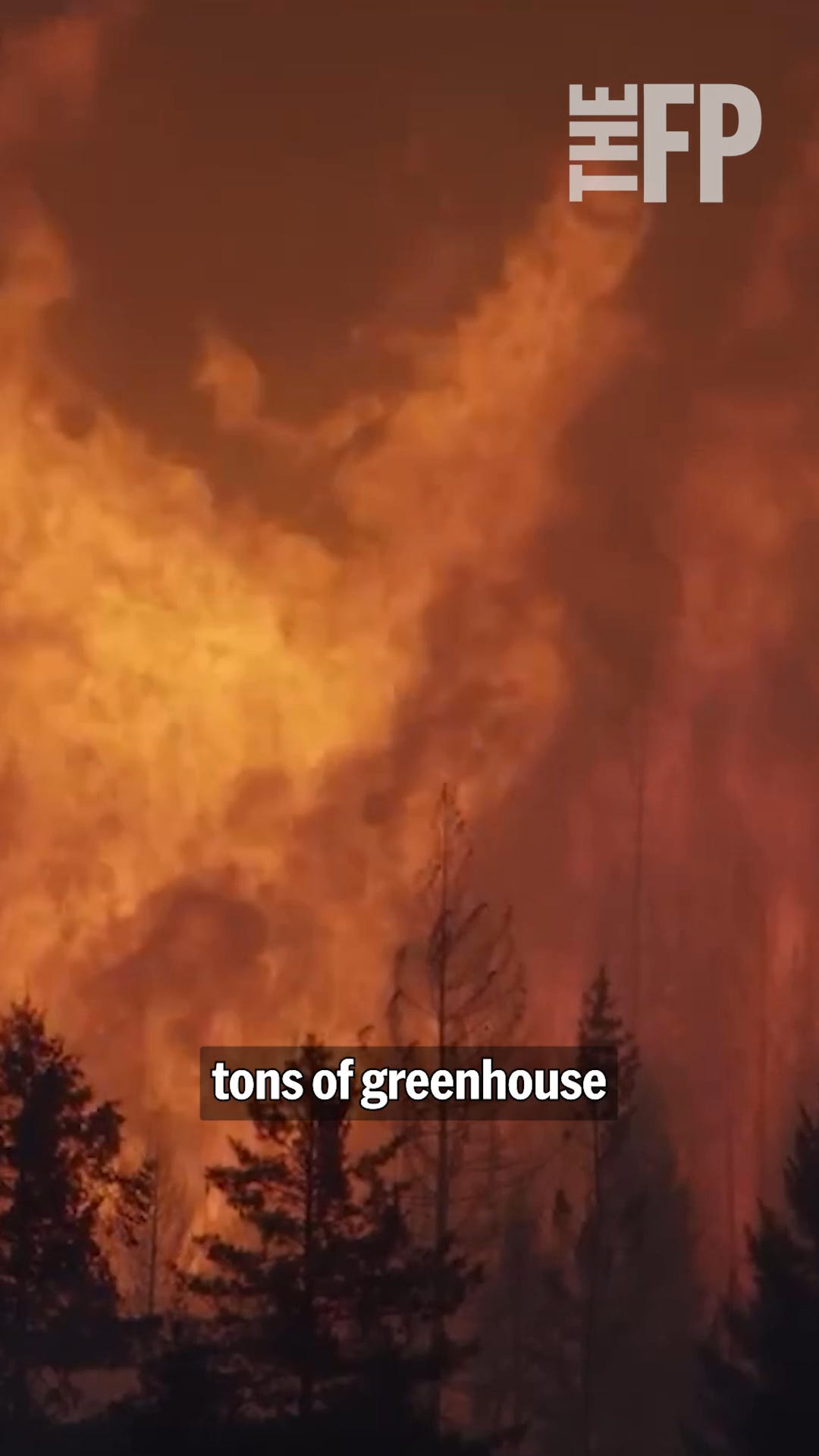| Forwarded this email? Subscribe for more |
 |
| By The Free Press |
It’s Wednesday, October 29. This is The Front Page, your daily window into the world of The Free Press—and our take on the world at large. Today: Bill Gates abandons climate alarmism. The Silicon Valley start-up that says it’s changed the chip game. A CAIR director joins a Hamas leader at an online event. And much more.
But first: Zohran Mamdani and the future of the left.
In six days’ time, barring a major upset, America’s biggest city—and the capital of capitalism—will elect a socialist as its mayor. Whatever you think of Zohran Mamdani, the 34-year-old state assemblymember dismissed as an also-ran just months ago, his victory will be an extraordinary moment for both America’s biggest city and the country’s opposition party.
Today, as Mamdani, former New York governor Andrew Cuomo, and Republican Curtis Sliwa turn the final bend of the race, we’re bringing you the most important stories on the election and its far-reaching implications.
First, Olivia Reingold reports from New York’s streets—or a bus in the Bronx, to be more specific. Olivia spoke to passengers on one of the five bus lines Mamdani helped make free under a pilot program last year. Hear what the voters told Olivia in the borough that one New York politico says will “make it or break it” come polling day.
Up next, Nicole Gelinas tackles what she sees as a dangerous misconception about this mayoral contest: that the rich will be hardest hit by Mamdani’s policies. “New York’s business executives and wealthy residents are scrambling to convince likely mayor Zohran Mamdani to be just a little nice to them next year,” writes Nicole. “But if elected, Mamdani won’t carry out most of his government experiments on them.” Read Nicole’s argument in full, on why it’s ordinary New Yorkers who have the most to lose from Mayor Mamdani:
According to Eli Lake, a victory for Mamdani would be the biggest win in the history of American socialism. How did the Democratic Socialists of America—the radical group to which Mamdani belongs—achieve victory? Not by moderating, writes Eli. In fact, the group is more extreme than ever. Now the question is whether, with Mamdani in Gracie Mansion, they temper their radicalism or double down. If you want to understand how the DSA went from “beautiful losers” to the kings of New York, listen to the latest episode of Breaking History, and read Eli’s accompanying op-ed on the group’s past, present, and future.
With the DSA ascendant, pity the moderate Democrat. Less than a year ago, after Donald Trump’s shellacking of Kamala Harris, it looked like the party might be ready to learn from defeat and swing back toward the center. One encouraging early sign Peter Savodnik spotted were comments by Seth Moulton, a Democratic congressman who cautioned that his party had “worked so hard at becoming tolerant that we’ve become intolerant.” When Peter profiled the lawmaker last November, he thought he had found someone who might lead the Democrats out of the wilderness. Today, Peter checks back in on Moulton—who is now running for Senate—and discovers a worrying new Democratic Party purity test.
With the progressives winning the Democratic Party’s internal tug-of-war, some moderates have developed a new theory with which to reassure themselves. They call it “the big tent,” and the idea is that the Democrats’ problems stem not from the party’s dominant views, but from its intolerance toward dissent. In other words: Let’s just agree to disagree, and focus. It’s a nice bedtime story but it’s plain wrong, says Ruy Teixeira, and a way to ignore the problems staring the party in the face. Read Ruy on why big-tent politics won’t save the Democrats:





